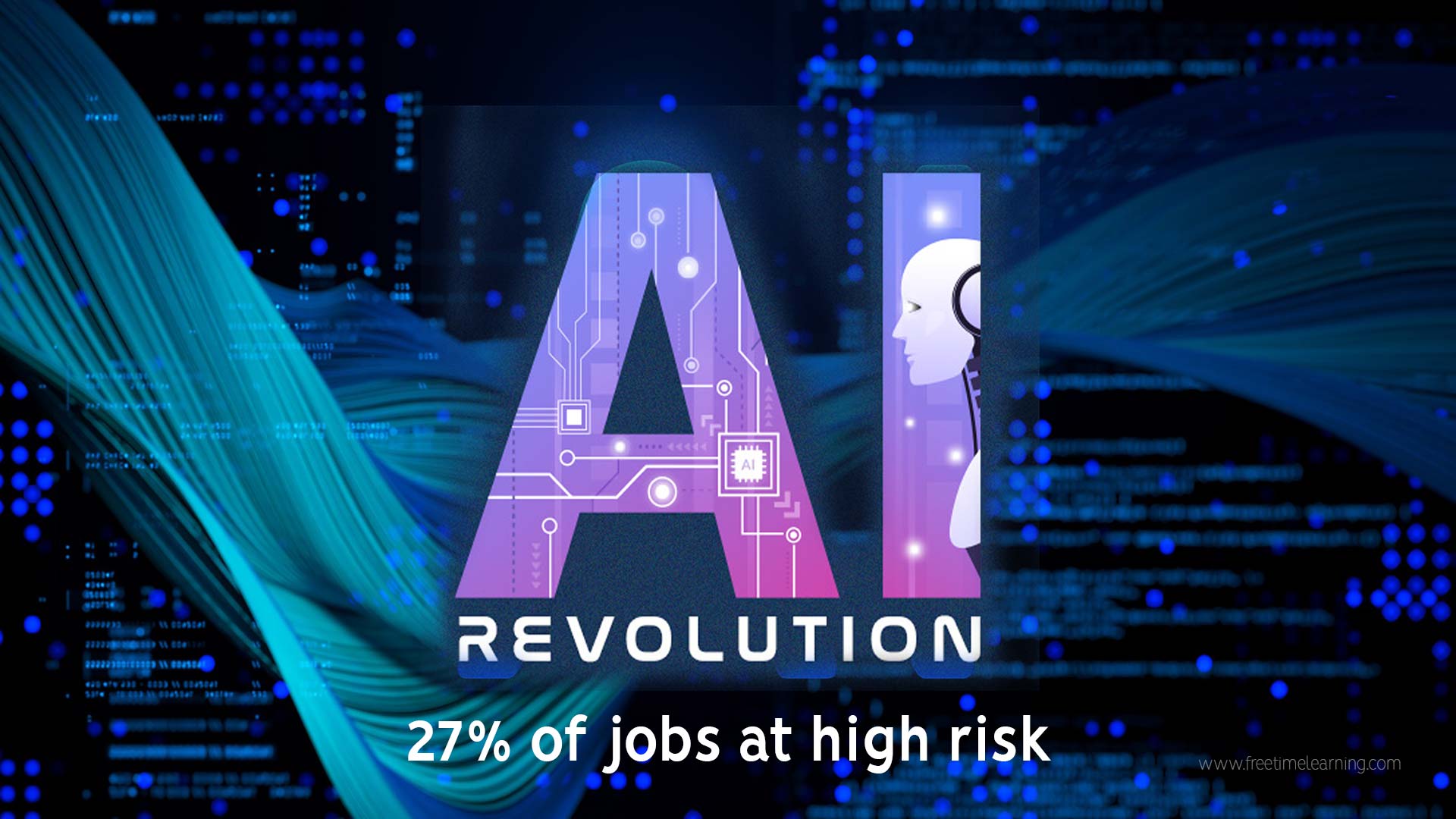
27% of jobs at high risk from ai revolution, says oecd
According to a respected international organization, major economies are on the verge of an “AI revolution” that could result in job losses in specialized fields like law, medicine, and finance.
In its 38 member countries, which include the UK, Japan, Germany, the US, Australia, and Canada, the Organisation for Economic Co-operation and Development (OECD) it was stated that the occupations most at risk from AI-driven automation were highly skilled jobs and accounted for about 27% of employment.
According to the organization, “it is clear that the potential for [AI-driven jobs] substitution remains significant, raising concerns about declining wages and job losses.” It was clarified, though, that for the time being, AI was changing jobs rather than taking them away.
The OECD warned that “jobs in finance, medicine, and legal activities that frequently require many years of education and whose core functions rely on accumulated experience to reach decisions may suddenly find themselves at risk of automation from AI.”
It further stated that highly skilled professions, such as those in the fields of law, culture, science, engineering, and business, were most vulnerable to AI-powered automation.
As a result of advances in AI, tools like ChatGPT produced output that could not be distinguished from that of a human. Major economies may therefore be approaching a turning point, according to the OECD.
According to the organization’s 2023 employment outlook, which refers to the “urgent need to act” on AI, “these rapid developments, combined with the falling costs of producing and adopting these new technologies, suggest that OECD economies may be on the cusp of an AI revolution which could fundamentally change the workplace.”
Keep Reading
“Urgent action is required to ensure AI is used responsibly and in a trustworthy way in the workplace,” the Paris-based organization declared.
According to the report, the UK, Luxembourg, and Sweden had the lowest proportions of workers employed in the professions with the highest risk of injury, with the US also ranking low on the list. In contrast, Hungary, Slovakia, Poland, and the Czech Republic had the highest proportions, with Germany and Italy also ranking high on the list.
Data, according to the OECD, showed that economies were “brink” of a revolution rather than in the midst of one, with the proportion of businesses using AI remaining in the single digits in part due to concerns about cost and workforce skills.
The OECD continued by saying that although AI had the potential to replace dangerous or tedious tasks with interesting ones, businesses were open about the fact that this was not their primary motivation when investing in technology.
High-paying positions requiring advanced education may consequently suffer the most.
The OECD also identified dangers linked to the potential expansion of AI’s influence in the workplace. These included hiring AI tools, with the risk of being negatively affected by biased AI-driven decisions “greater for some socio-demographic groups who are often already disadvantaged in the labor market.”
In recent years, there has been evidence of racial and gender bias in hiring procedures supported by AI, and this problem has grown to be one of the major safety issues with the technology.









